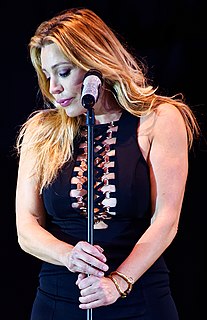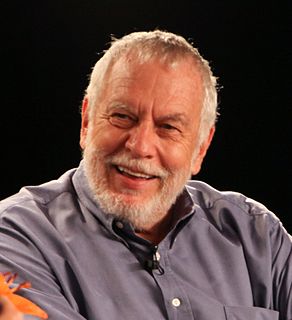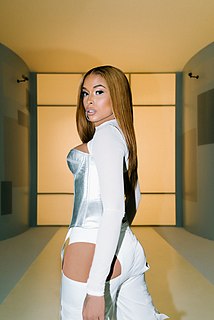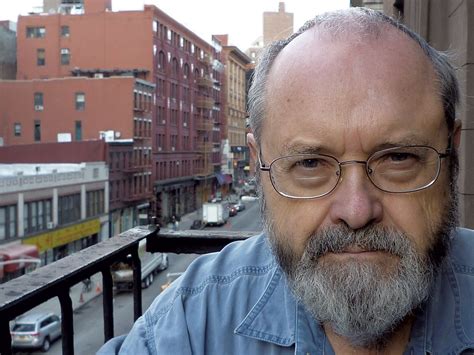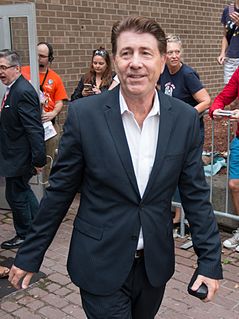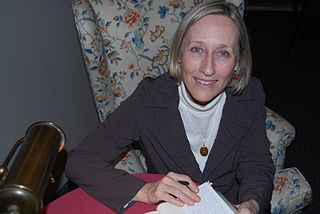A Quote by Taylor Dayne
When I first came out, like a lot of the artists at that time, I had a very polished, very overproduced sound.
Related Quotes
Networks like Adult Swim allow artists to be artists and allow their vision to come through without a lot of tinkering. I worked on 'Moral Orel' and 'Mary Shelley's Frankenhole,' and they bothered us very little. They very, very seldom came to us and said 'Change this,' or 'You can't do that,' or 'We'd like to see this.'
Atari always was a technology-driven company, and we were very keen on keeping the technological edge on everything. There's a whole bunch of things that we innovated. We made the first computer that did stamps or sprites, we did screen-mapping for the very first time, and a lot of stuff like that. We had some of the most sophisticated sound-creating systems, and were instrumental in MIDI.
People are very uncomfortable when you call actors artists because there are a lot of actors out there that aren't artists - there are a lot of actors that are hired for very specific reasons that are shallow and have to do with sexual currency and what the industry thinks sells. Real actors are artists, they're expressionists.
Aomori Water is a sound collage piece made in 1998, in Aomori Japan. I was in a residency with other artists. A Japanese sculptor was making a round house and wanted a sound piece to play in it. I recorded some very gentle waves lapping the beach, for the first part. And a very small mountain stream, flowing, for the second part. I layered 8 tracks. This was the first work that I did in ProTools.
When we came to the network, it was a very interesting time where Portlandia had just come on the air and had been very, very successful. I think people had Portlandia-sized expectations for Comedy Bang! Bang!, especially after the first episode was sampled by quite a large number of people. I remember getting the ratings after the first episode, and the network was over the moon about it. And then the second episode tanked so hard. Like, no one watched it. It was a resounding, "Hey, a bunch of people tried your show, and they all hate it!"
I did always want to write. And then, when I left New York, where I was working very steadily in the theater - I had done three Broadway shows in a row and was a bit burnt out - I moved out to L.A. and I was not working very much. I came in cold and I'd work for a week, but then I'd have a month or two off. I thought, "I'm going to go crazy unless I actually do write." Like a lot of things in life, it was a situation that came about by circumstances.
I definitely prefer things to be dark, I definitely prefer things to not be particularly obvious. I like a lot of mystery in music, and I like it when things don't sound just like what they sound like always. But at the same time I like everything to sound very earnest and honest. So I don't really think that I have a definite stamp, but if people see that, that's awesome.
Think of the sound you make when you let go after holding your breath for a very, very long time. Think of the gladdest sound you know: the sound of dawn on the first day of spring break, the sound of a bottle of Coke opening, the sound of a crowd cheering in your ears because you're coming down to the last part of a race--and you're ahead. Think of the sound of water over stones in a cold stream, and the sound of wind through green trees on a late May afternoon in Central Park. Think of the sound of a bus coming into the station carrying someone you love. Then put all those together.
